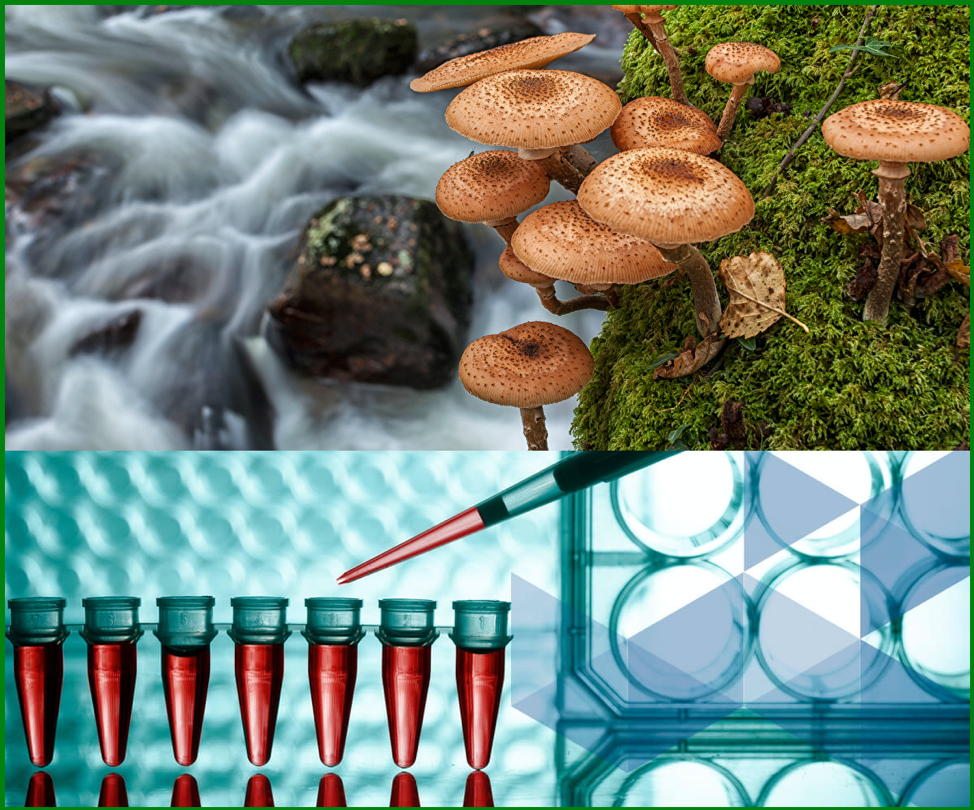Biotech in Your Backyard: Experiments from Backyard to Classroom
Laboratory Manual
Finding new ways to engage high school students in the science classroom can be a difficult task. Biotech in Your Backyard: Experiments from Backyard to Classroom is a laboratory manual that aims to introduce high school science teachers to new techniques and concepts in biotechnology that can be incorporated for their students using real-world applications found in their own backyard.
The manual introduces freshwater sponges as an ideal classroom experimental model; a simple organism that can be harvested from local streams, easily and economically stored and cultivated in the classroom, and versatile enough to demonstrate many general scientific principles from genetics and taxonomy to conservation and toxicology. In the manual the method of DNA Barcoding is used to identify species of sponges found in the Northeastern United States, where there is a gap in the knowledge of freshwater sponge species in this area. Submitting these results to the Sponge Barcoding Project (www.spongebarcoding.org), a global database for the study of Porifera across the world, helps advance education and research in this field. Identifying sponges in your area and adding to this database would be a great classroom project with wide-ranging real-world applications for students. Additionally, using freshwater sponges creates the opportunity to introduce your students to an array of biotechniques such as the use of dissecting and slide microscopes, pipetting and aliquoting, PCR, DNA sequencing and gel electrophoresis.
The second part of the manual focuses on using wild mushrooms as a source of a biofuel-producing enzyme, cellobiase. Using a simple colorimetric assay kit, we will assess and compare the ability of different wild species of mushrooms to break down cellulose into glucose for the purpose of generating biofuels. This module presents a great opportunity to expose students to concepts such as enzyme kinetics and biochemistry, fermentation and biomanufacturing, and energy and environmental sustainability. This module lends itself naturally to extension experiments using simple fermentation techniques to generate a bioethanol product for further testing.
With Biotech in Your Backyard, the real-world questions assessed using the simple experimental platforms introduced in the lab manual have the ability to capture students’ imaginations and excite intellectual curiosity in ways that can enrich the classroom experience for both teachers and students.
Download Biotech in Your Backyard: Experiments from Backyard to Classroom
